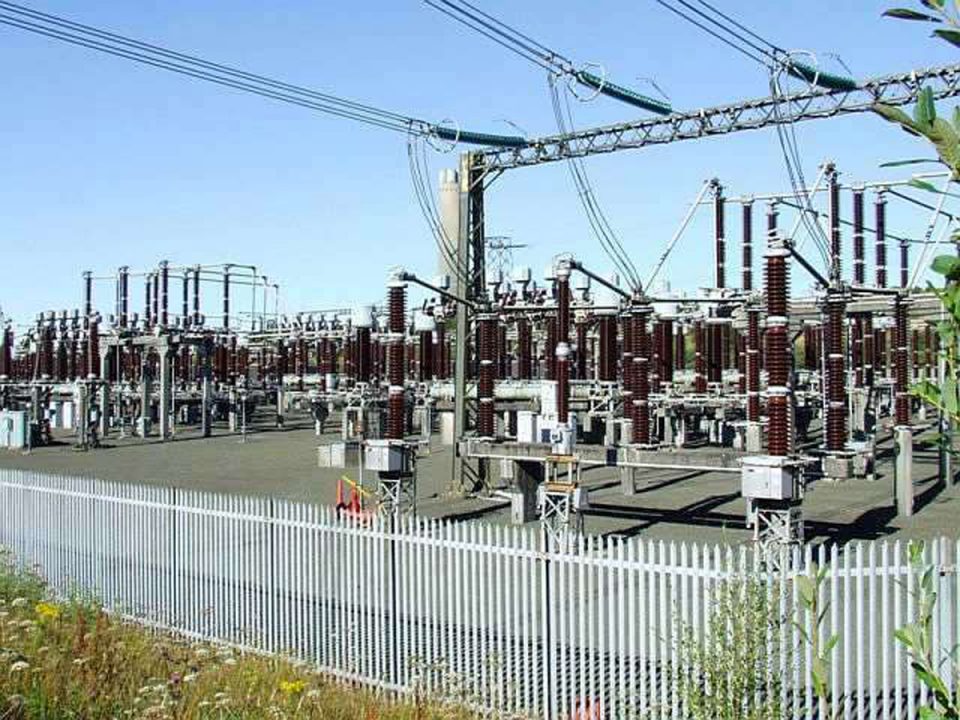The new electricity tariff regime takes effect from April 1, AKINOLA AJIBADE examines its implications on consumers.
In April 1, the new electricity tariff regime would take off. Under it, consumers, including individuals and corporate organisations, would pay more for energy.
The Nigerian Electricity Regulatory Commission (NERC) in January announced the new tariff regime amid anxieties and huge expectations from Nigerians.
Notable is the effectiveness of the tariffs. Many consumers do not pay cost-effective tariffs, a reason the government introduced the new regime.
Earlier, NERC said it would implement the tariffs in phases, to ensure the payment is flexible.
Stakeholders have expressed mixed feelings on the issue. While some believe that the cost of accessing electricity is high and that the Federal Government’s decision to continue to subsidise the cost of electricity till 2021, cannot lessen the pains of average users of energy until supply is stable, others do not.
They backed the government’s decision to increase the tariffs. To them, the government is on the path of rejiging the sector by returning it to optimal productivity.
One of the three key stakeholders in the energy value chain is the 11 power distribution companies (DisCos), which issue electricity bills and in return collect money from customers. Painfully, the money is not paid promptly due to irregular supply of power.
The Director, Research and Advocacy, Association of Nigerian Electricity Distributors (ANED), Mr. Sunday Oduntan, said the supply of electricity would improve as soon as there is increased revenue from the tariffs.
He said: “While I understand the frustrations of Nigerians that they are not getting enough supply of electricity, it is pertinent to say that the poor funding of the sector, in recent times, caused the problem. For the sector to be efficiently run, the price of electricity must increase.
That is what the government has done by trying to implement new electricity tariffs on April 1, this year. Nigeria cannot have electricity if those in government refuse to sit down, examine issues affecting the sector, and proffering solution. We must realise that the cost of production of electricity determines its price.”
He said the only way the country could mitigate the rising cost of electricity is to make money available to the operators and that is what the government has done by putting in place cost-effective tariffs.
Other operators
The Chief Executive officer, Meter Electricity Manufacturers Company Nigeria Limited (MEMCOL), Mr. Kola Balogun, said illiquidity is the bane of the sector, adding that consumers lacked the cash to pay for the rising cost of electricity.
He said the government is subsidising the sector by providing intervention funds to the operators, adding that it cannot continue to fund the sector when it has other responsibilities unattended to. The sector, he said, would have enough money for operation if the tariffs are well implemented.
Private sector operators
According to the Director-General, Lagos Chamber of Commerce and Industry (LCCI), Mr Muda Yusuf, the Federal Government does not have the right to implement new electricity tariffs in view of the poor supply of electricity.
In an interview with The Nation, he urged the government to fix the problems in the industry before talking about the new tariffs.
Yusuf said: “The power sector is in a dire strait. Though the issue of providing electricity to more than 200 million Nigerians is not a rocket science, the government can solve the problem in the power sector by using any of the new models in Europe and United States. There are models over there that are working.
It is a question of using the right model to fix the multifaceted challenges that are facing the power sector.These are issues around financial capacity of investors, technical capacity, tariff issues, technical and commercial losses, economics of gas supply, gas pricing and the dynamics of the investment assumptions.
There are also political and social issues affecting pricing and related issues. We need to take all these on board to get enduring solution.”
LCCI, Yusuf noted, has submitted proposals on how to provide a lasting solution to the problems, which are facing the sector.
He said the proposals border on how to decentralised the power sector, focus on off- and mini-grid, provide more investment in embedded power option, promote captive power plants, provide incentives for renewable energy solution, including abolition of import tariff on renewable energy equipment batteries and inverters and address metering.
The rising cost of energy, he said, increases the cost of goods and services produced locally and further drive the rate of inflation.
“High cost of production implies higher prices, which reduces the real income of citizens, erodes purchasing power of the citizens and, invariably, undermines the welfare of the people.
“It also aggravates the poverty situation in the country. Many factories have been turned into warehouses for imported finished goods on account of competitiveness challenges faced by industrialists on account of high energy cost and other business environment issues.
Some have been taken over by worship centres, while others have been converted to supermarkets. This is the unfortunate trend which can be attributed to the prohibitive energy cost in the economy. This is why it is easy for imported finished products to overrun domestically produced goods,” he added.




